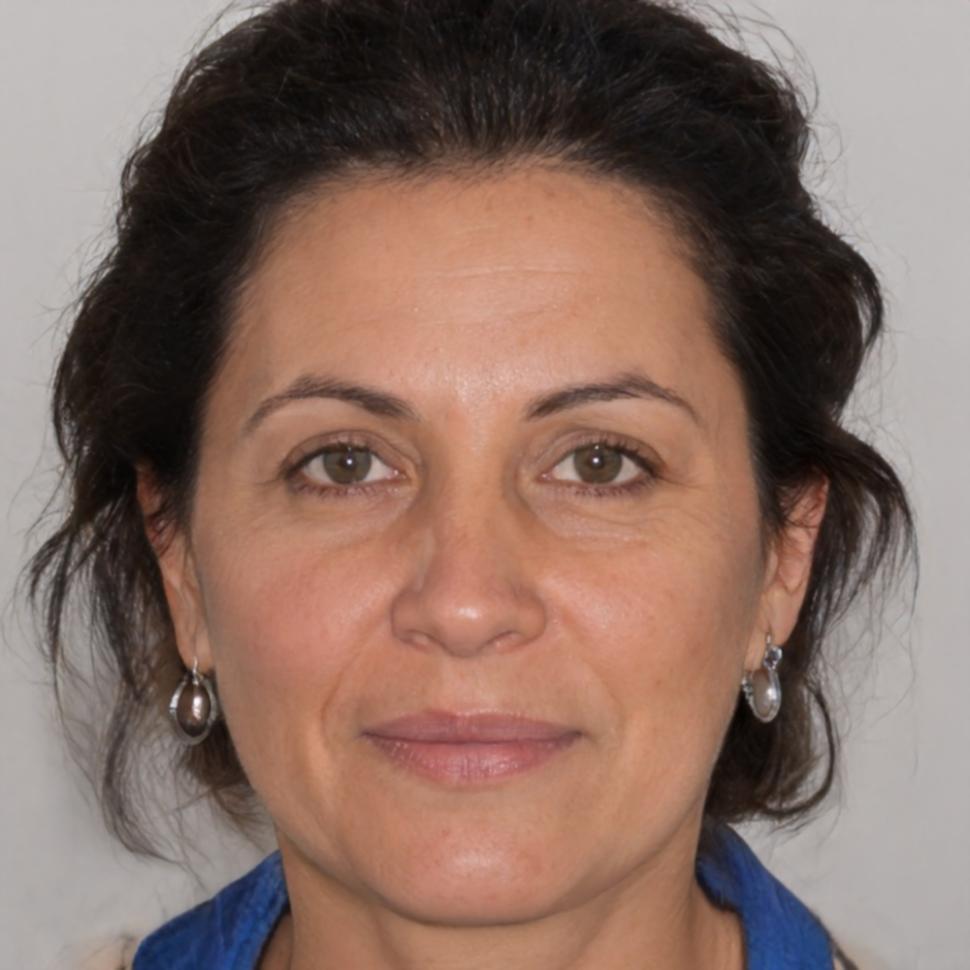Marcus Riley
Before ivakearexmorivoMarcus was managing IT for a small accounting firm. They'd been breached twice in eighteen months. Clients were leaving. He was drowning in compliance requirements he didn't fully understand.
After Nine MonthsHe rebuilt their entire authentication system from scratch. Not perfect, but functional and actually secure. More importantly, he can now explain to non-technical staff why each security measure exists. The firm hasn't had an incident since mid-2024.




